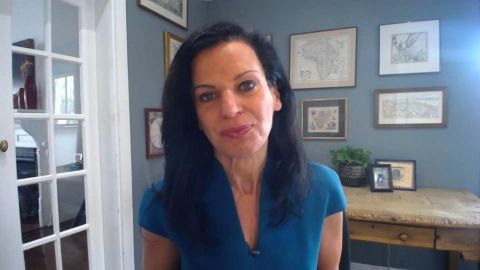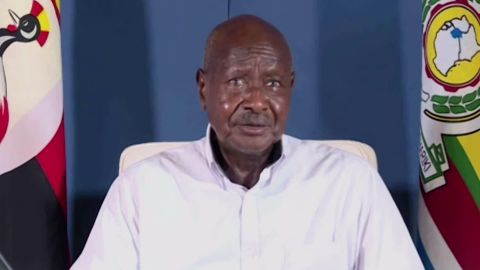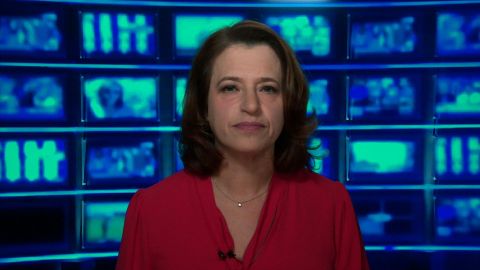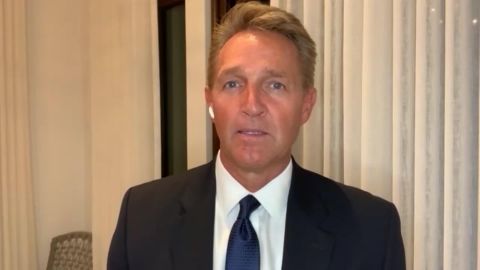Read Transcript EXPAND
JULIETTE KAYYEM, CNN NATIONAL SECURITY ANALYST: It is a domestic terrorist movement. And its spiritual and operational leader is the president of the United States. Soon, he is going to no longer be president. And, in the interim, he’s been deplatformed. It’s a technique we used against ISIS. He can’t get onto social media. There’s the 25th Amendment. There is the impeachments. There’s the lack of business support. There’s Deutsche Bank dropping him. It’s an isolation of essentially the leader of a terrorist movement, right, in other words, the people, the violent people who are supporting him. And it’s that isolation that I think is ultimately the pathway to peace, because, like other terrorist organizations, it’s going to be harder for him to recruit and to be relevant and to create the kind of violence he has.
AMANPOUR: So, Juliette, I have heard you talk about terrorists leaders, spiritual leaders, terrorist organizations for many, many years, but never in connection with the president of the United States of America. And I understand that you’re not just throwing that term around or using it as a blanket term. You’re obviously making a very significant point.
KAYYEM: Yes.
AMANPOUR: Are you confident that that’s what this is?
KAYYEM: I am. I mean, before last week, I had been using a terminology — and this is what we study — called stochastic terrorism, that what Donald Trump was able to do is, he was able to ignite to incite his followers, the violent ones, with language like “Liberate Michigan,” right? So, what does that mean to us? Well, so we’re kind of going to parse it, right? To his listeners, they knew exactly what it meant. Since he lost the election, he’s gone full incitement. And we know it. We have his language. We have his tweets. We have what he was saying about storming the Capitol, about getting back the election. That’s the language of destruction for political purposes. It’s violence for political purposes. And I want to be clear here. The reason why I want people to think about Donald Trump as the leader of a domestic terrorism movement, which everyone agrees that this is domestic terrorism — he is their leader — is because then our known techniques of counterterrorism, the deplatforming, the isolation, the no longer able to recruit, the sort of shaming of Donald Trump, that becomes relevant, because what we want to ensure is not so much that we’re going to be able to control all of his violent supporters, but we want to make sure that he does not have a second act. We really worry about recruitment in the future that would undermine our democracy. So, I have been careful about how I use the terminology. I’m not calling Donald Trump anything. It’s just I think it’s helpful for people to think about this as a counterterrorism effort. And, look, we just have it a bunch of arrests, just like we would do in any counterterrorism effort, to minimize the violence against the American public.
About This Episode EXPAND
Former Homeland Security official Juliette Kayyem discusses threats to national security leading up to inauguration day. Former Sen. Jeff Flake discusses last week’s riot, impeachment, and the future of the GOP. Ugandan President Yoweri Museveni explains why he thinks he deserves a sixth term in office. CNN senior medical correspondent Elizabeth Cohen gives an update on vaccine distribution.
LEARN MORE



